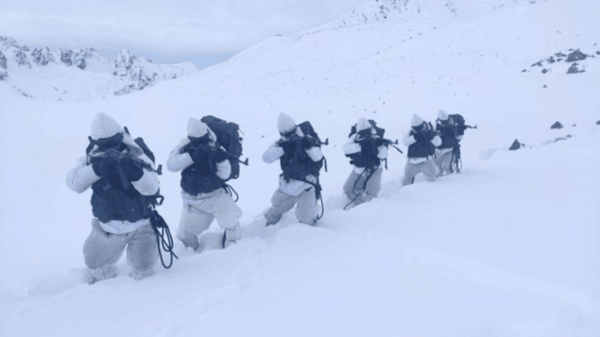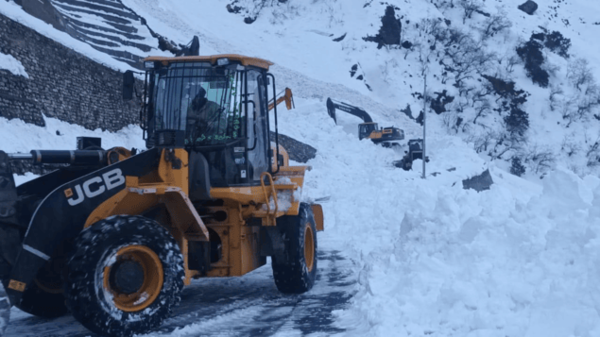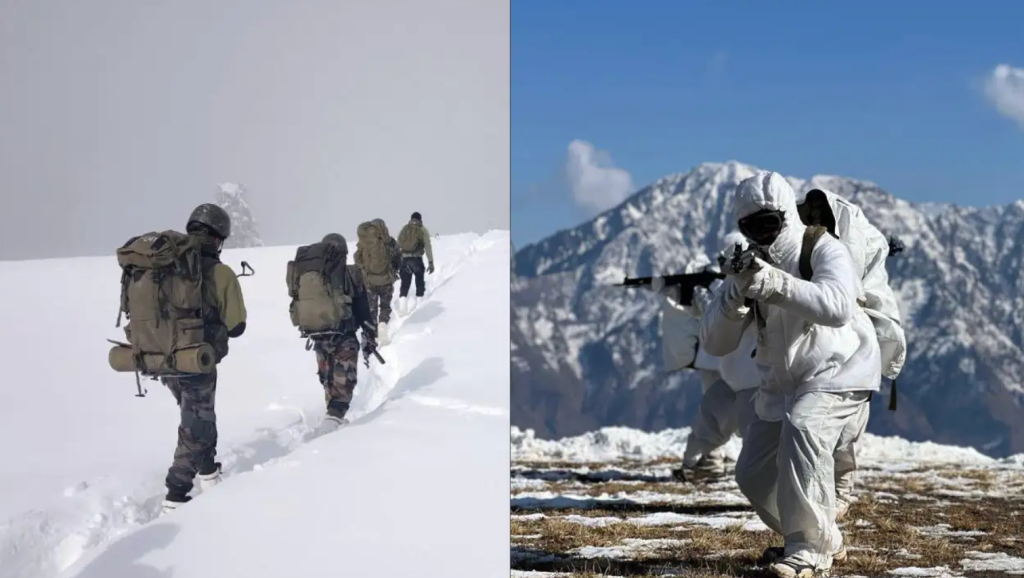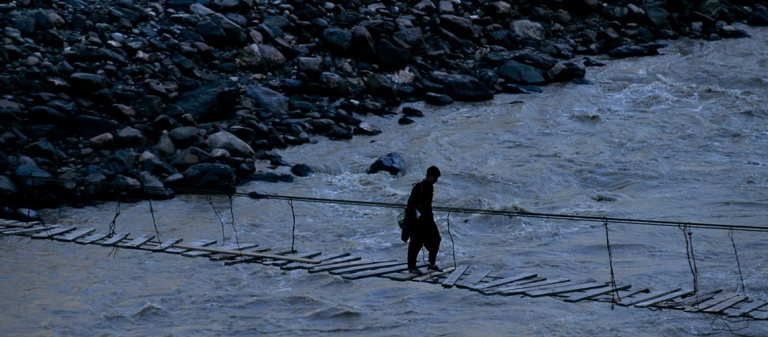DEHRADUN: Global warming is not only altering weather patterns but also increasingly posing challenges to the defence forces stationed in high-altitude areas along the LoC with Pakistan and the LAC with China.
Erratic and less snowfall along with unpredictable rainfall patterns and drying up of natural streams in the Himalayas over the years are major concerns. And its effects are visible on the ground with infiltration risks to disrupted infrastructure projects, according to senior security establishment officials.

Army officers under the Northern Command, mainly responsible for security in J&K and Ladakh, told TOI that diminishing snowfall in Kashmir has been weakening the natural snow barrier along the LoC which always acted in favour of the armed forces deployed near the de facto border between the two countries.
“Traditionally, militants avoided infiltrating during winter due to heavy snow, but reduced snowfall has now extended infiltration threats into the winter months in the Valley. The natural security wall is gradually melting away due to less snowfall and increased temperatures — even in the winters — in the past few years,” a senior officer told TOI.

He added: “In order to counter these challenges, we are adopting technological measures, including UAV sorties and heightened vigilance, in place along the border.”
The officer’s view is corroborated with the fact that the Kashmir valley during peak winter in Jan, witnessed a 75% dip in precipitation which affected snowfall this year.
Apart from this, the Valley also saw a rise in temperature of around 6 degrees celsius above normal. The snowfall was erratic with certain areas having around 6 inches while others around 5ft near the border.

Apart from the Army, the Indo-Tibetan Border Police (ITBP) personnel at remote posts along the LAC are also facing the heat.
“Small natural water streams originating from the glaciers and snowfall were of big help during summers. Over the recent years, many of these water sources have started to vanish as the snow is melting faster,” said an ITBP officer stationed near LAC in Chamoli district of Uttarakhand. He added that they have to make alternative supply arrangements for troops including fetching water from the Alaknanda river.
Expressing similar concerns, an officer of the Border Roads Organisation (BRO) — involved in key road projects in the border districts of Uttarakhand — said “unpredictable snowfall and rainfall patterns have disrupted work schedules.”
“In any case, the window for executing projects in the mountainous terrains is a limited one — usually from April to Oct. But changing weather patterns have further shrunk it. Earlier, the first snowfall used to occur in late Nov or early Dec till Mar in the higher altitude areas, which started to shift to around the first week of Jan till late Mar. This year, it took place in early April too. This has significantly affected our plan of operations,” said a senior BRO officer.
He further said, “The process of bitumen settling in roads is also getting affected which is causing delays in projects…”
Notably, bitumen, a petroleum-based substance used as a binder in road construction work, separates from its water-based emulsion and adheres to road aggregates. Driven by water evaporation, this process is a key part of road construction and maintenance, particularly with bitumen emulsions.
Speaking about the issue, PRO (defence), Dehradun, Lt Col Manish Shrivastava said, “The Army is always prepared and trained accordingly to tackle any sort of challenges including environmental ones. We are also committed to several initiatives to curb the climate change impacts by carrying out plantation drives and reviving natural water bodies, among others.”
Source link : View Article
Author
-

Kalyan Das is the Principal Correspondent at Times Of India, Dehradun chapter, covering crime, defence, power and off-beat human interest stories.



